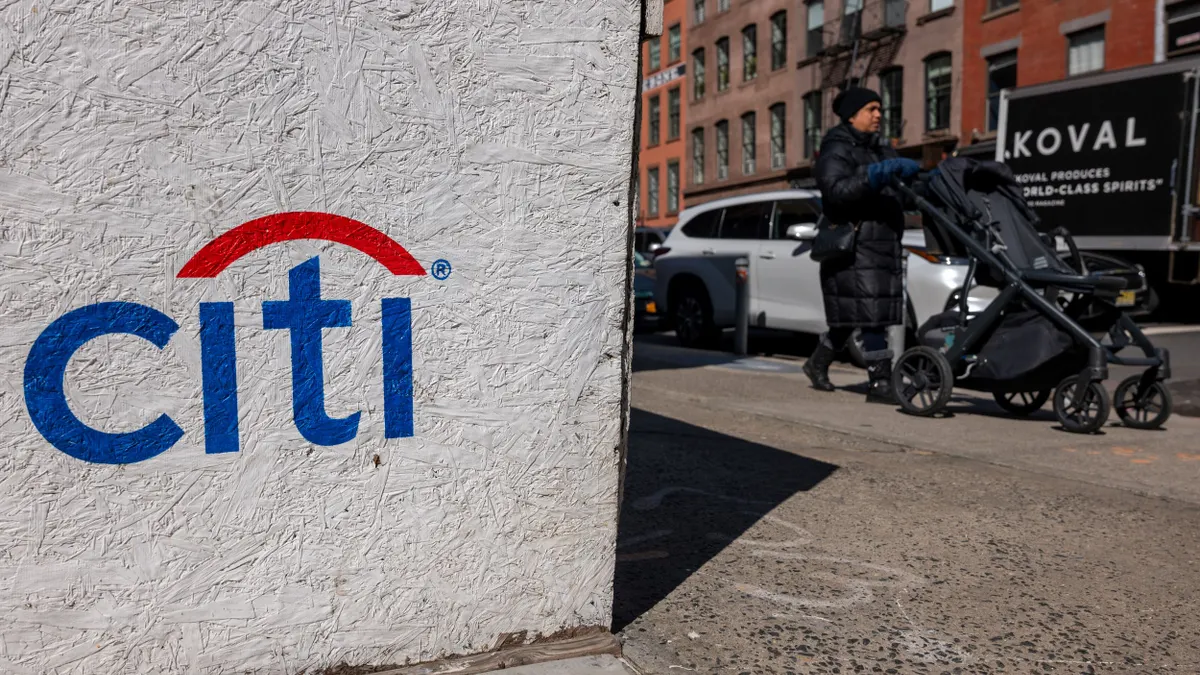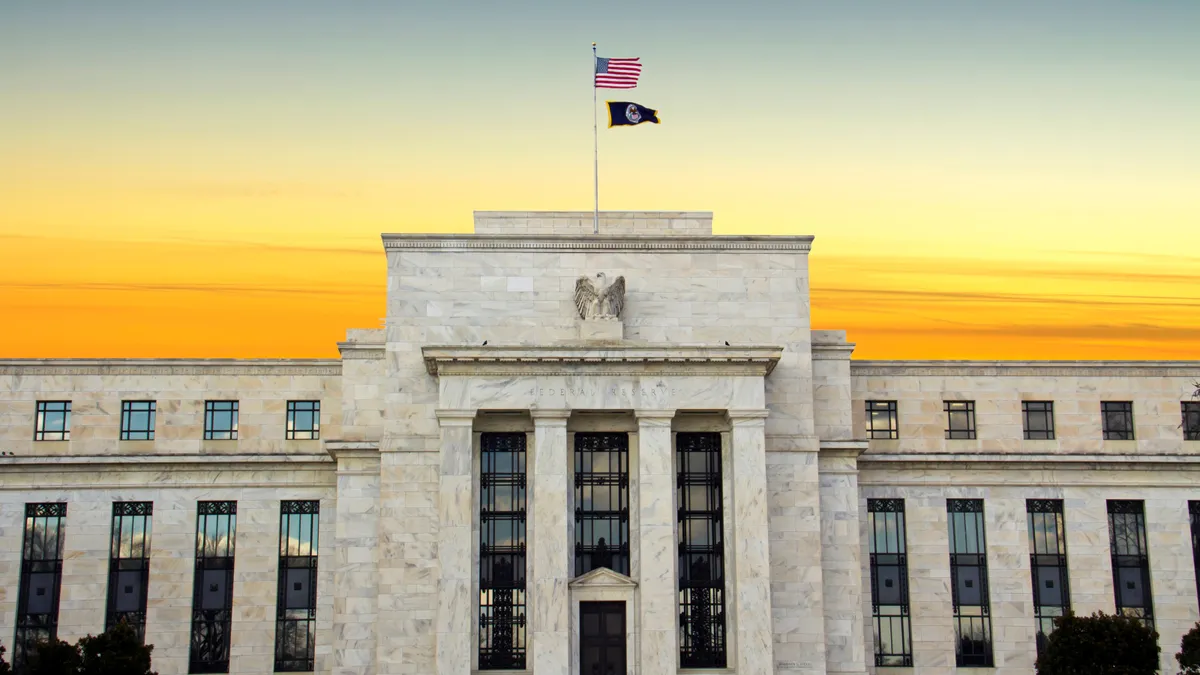Almost as soon as the coronavirus pandemic shut down offices in March, questions began to arise as to when workers would return.
Some banks, including Morgan Stanley and Goldman Sachs, set aggressive goals for office re-entry — with some employees choosing to return as early as June.
The most popular benchmark appeared to be Labor Day — a time frame Capital One touted from May onward and others, including Bank of America, adopted as their own.
A resurgence in the COVID infection rate around mid-June derailed some banks’ plans to send employees back to the workplace in July. Citi delayed its office-return plan in 13 states, and JPMorgan Chase held off on returning Columbus, Ohio-based employees to the office.
Other banks have repeatedly pushed back return dates. Wells Fargo announced last week it would extend remote work until Nov. 1 for 70% of its employees, in at least the third change to the bank’s target time frame. TD, originally aiming for a Labor Day return, delayed returns until the new year. Truist went even further — to Jan. 31, 2021.
However, the tone from office brass appears to be shifting in some places. Jefferies, whose C-suite was arguably the most personally affected by the virus after CFO Peg Broadbent died of COVID in March, laid out the most relaxed timeline in June.
"I am in awe of how our people became a virtual firm within days of learning about Covid," Jefferies CEO Richard Handler told Bloomberg. "Our people will work from home until they feel safe coming back.
"While we all want to come back," he added then, "no one is under pressure to come back immediately."
More recently, Bloomberg reported, Handler and Jefferies' president, Brian Friedman, wrote, "We probably all feel that too much WFH is simply too much, as we all miss each other and at the end of the day, we all know we are more effective in person than on Zoom."
They later added "no person at Jefferies should feel an ounce of pressure to return to our offices."
While that may be the letterhead-official sentiment, insecurities among office workers will inevitably bubble to the surface in the gray area of remote work. Will colleagues working from the office get more valuable face time than their remote cohorts? Will competing firms with more aggressive return timelines have advantages in the market?
To be sure, some banks are increasing their office presence. JPMorgan Chase requested that 50% of its investment bankers be in the office on a given workday, beginning this week in London and New York, a source told Bloomberg. That's double the previous 25%. Bankers will work from home or the office on alternating weeks, the source said.
If the office return goes well — i.e., the infection rate stays relatively steady — invitations to return may become mandates, the person told Bloomberg. However, the bank doesn't anticipate more than 50% capacity at its New York buildings.
Attitudes are showing a similar shift in Europe. In April, Barclays CEO Jes Staley said putting 7,000 people in a building may be a thing of the past. However, in late July, he said he wanted employees to return to "ensure the evolution of our culture and controls, and I think that will happen over time." The bank expected then that staff would be working from home through this month.
Deutsche Bank, meanwhile, invited about 20% of its London employees back to the office this week, up from 10%, according to Financial News.
The sentiment from the rank and file may tell a different story. About 27% of employees across various industries in Europe would happily work remotely for three or four days a week, Bloomberg reported, citing a Morgan Stanley survey.
Still, logistical hurdles remain for employees expected to return. For some, child care options continue to be closed. Others are reluctant to use mass transit for fear that would be a likely virus transmission spot.
JPMorgan Chase, for one, has been reimbursing Uber and taxi rides to the office for traders below the managing director level.
Other bankers detailed anonymously to Bloomberg some of the subtle pressures they plan to exert: one manager said he planned to take Zoom calls from his company’s Manhattan office. A Citi executive, meanwhile, planned to start working from one of the bank’s satellite locations in the mornings to exemplify to co-workers a gradual return to normal.






















